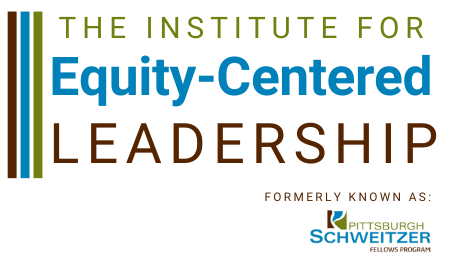Yamira Bell is busy to say the least. She attended Columbia University and majored in evolutionary biology. At the University of Pittsburgh, she is pursuing both a doctoral degree in medicine and a master’s degree in public health. Yamira is also the President of the Student National Medical Association’s University of Pittsburgh School of Medicine chapter. Her involvement with the SNMA introduced her to several Schweitzer fellows and their projects.
Once she decided to participate in the fellowship herself, Yamira was drawn to the issue of recidivism.
Yamira recognizes that the formerly incarcerated are bound by their sentences long after release. Many hurdles prevent the formerly incarcerated from moving on with their lives; to name a few: strict parole requirements, obstacles to employment, and lack of social support. Yamira’s project targets the last hurdle: lack of social support. Specifically, she noticed that the formerly incarcerated have a difficult time navigating the healthcare system.
For her project, Yamira will visit several halfway houses and conduct seminars on how to maintain health receive care in a complicated system. She wants her students to leave the class with a clear understanding of the services to which they are entitled and a plan to stay healthy. Specifically, she hopes to provide every participant with a binder to fill with their resources, paperwork, and documentation. This concrete solution will simplify the process of finding and receiving care for her cohort.
As Yamira discussed her project, she avoided the term “ex-convict” in favor of “formerly incarcerated.” She describes this choice as an attempt to change the perception of those who have been in prison and give “dignity to the fact that they have served their sentence, they’re free individuals, and they are a part of our community.” Having no close family or friends who have been incarcerated, Yamira feels that she may not have the credentials to immediately command respect from her students. She hopes to gain the trust of her cohort so that she can better assist them.
In the classroom and out in the world, Yamira is inspired by her mother, an engineer who adapted to a career as a venture capitalist. Yamira admires her mother’s bold personality and refusal to quiet herself to make others more comfortable. As a young girl, seeing her mother proudly take up space as a black woman made Yamira confident in who she is.
Yamira carries on the legacy of Albert Schweitzer with her deep regard for the health of others. Like Schweitzer, her faith fuels her desire to make a positive impact on the world. After she finishes her residencies and fellowships, Yamira hopes to become a trauma surgeon and work with communities to prevent violence. Outside of her work, Yamira watches TV and listens to podcasts. At the moment, she reads and watches upcoming election coverage. Unsurprisingly considering her altruistic personality, Yamira is most interested in how candidates can push policies to make Americans’ lives better. Regarding politics, she says, “the quickest way to do things is to exploit people,” but she believes there is a better way.


































